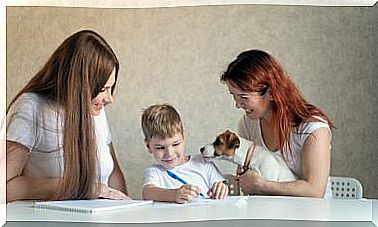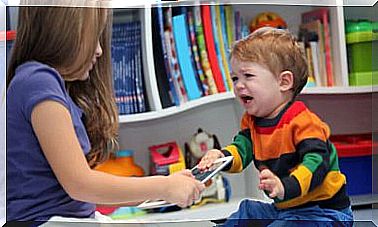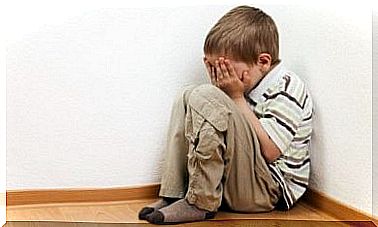My Son Does Not Pronounce The “r”
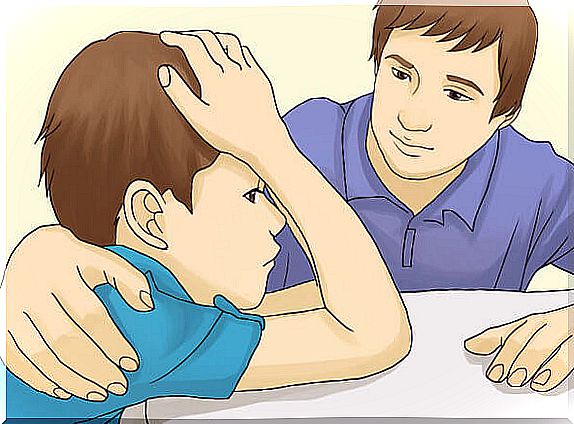
Of the children between 4 and 5 years old, at least 40% do not pronounce the “r” or at least they do not do it well; this sound is usually complicated, so it is not cause for alarm. The normal thing is that it is a temporary complication, but after five years of age the child should pronounce all the sounds well, so it is advisable to consult a speech therapist if he does not.
Difficulty pronouncing the “r” is an elective dyslalia known as rotacism; This condition can appear with any other sound, the most complex being “z” and “d”. The causes of dyslalia are diverse, it could be an anatomical, functional and even emotional problem; But in the case of Rotacism, it is usually due to imitation or incorrect production.
To produce all the sounds of the language, it is necessary to articulate the organs in charge of each one, therefore, if we err in the placement or articulation of any of these, it is impossible to pronounce well. In this case, it is not a psychological problem but rather a lack of practice ; Even if the estimated time for you to learn has passed, it is still something that has a solution and should not be a cause for further concern.
Why don’t you say the “r”?
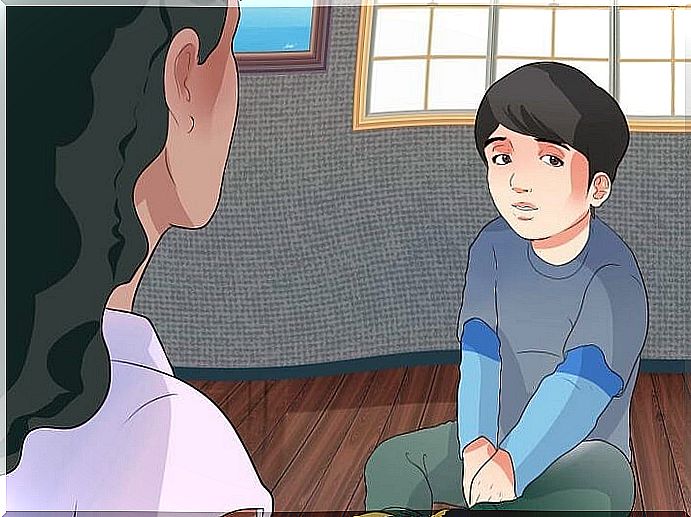
The specialists affirm that this difficulty is not related to some mental retardation or specific learning problems. It is believed to be a normal condition that develops and is lost during the language acquisition process; in any case, it is the poor placement of the tongue and its connection with the other organs, the main cause.
Remember that to pronounce the “r” it is necessary to vibrate the tip of the tongue articulating against the palate, which can cause mechanical problems and is very difficult to imitate. In this sense, the difficulty in sound articulation does not have a general cause ; but the following may be broadly related.
- Physical defect. It is possible that the impediment to pronounce the “r” is found in a physical problem, for example, a child suffering from hearing loss, a cleft in the palate or sublingual frenulum could have problems producing this sound and others.
- Imitation. The main element that allows acquiring language is the relationship with the environment; Therefore, if a member of the family finds it difficult to produce this sound, the child may have learned it this way. Children learn to speak especially by imitation, so it is important to speak well in front of them.
- Functional difficulty The child has not learned to vibrate the tip of the tongue with the palate or it does so automatically without placing greater emphasis. In these cases, you may be able to produce the sound in consonant clusters such as “br”, pr, or “tr”. Functional difficulty is especially perceived when the child cannot produce the sound at the beginning of a syllable
- Use of the pacifier. Some specialists assure that the prolonged use of the pacifier could be considered an important antecedent when the child presents an impediment to pronounce the “r”, because there is a risk of malformation in the palate; however, it is not a cause fully accepted as fact.
Is it necessary to correct it if it does not pronounce the “r”?
As we have said, it is normal if the child does not pronounce the “r”, it is also something that is corrected as the ear is tuned and the sound is practiced. Although it is estimated that the problem has been overcome by five years of age, it is possible that it could reach up to seven, because all children learn at their own pace and according to their abilities.
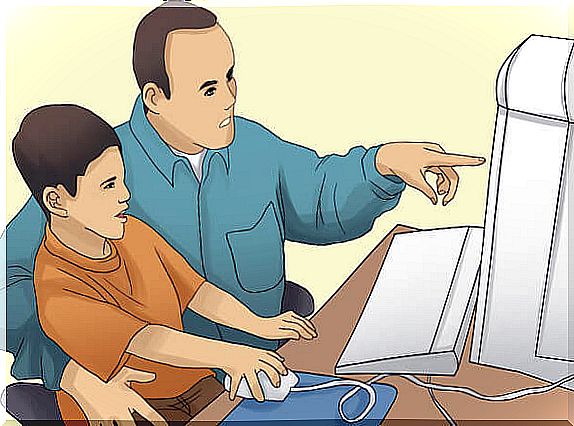
The best thing we adults can do to correct a child who does not pronounce the “r” is to try to pronounce it well and speak to the best of our ability. In addition there are some strategies to help you practice this sound, some songs and exercises can be helpful, but it is not okay to force or pressure them to overcome it.
In any case, it is convenient to begin to correct this problem when the little ones start their school stage, because this difficulty could affect the learning of reading and writing. In the same way, they must be evaluated by a speech therapist in order to determine the causes and apply possible treatments.
Main image courtesy of © wikiHow.com
